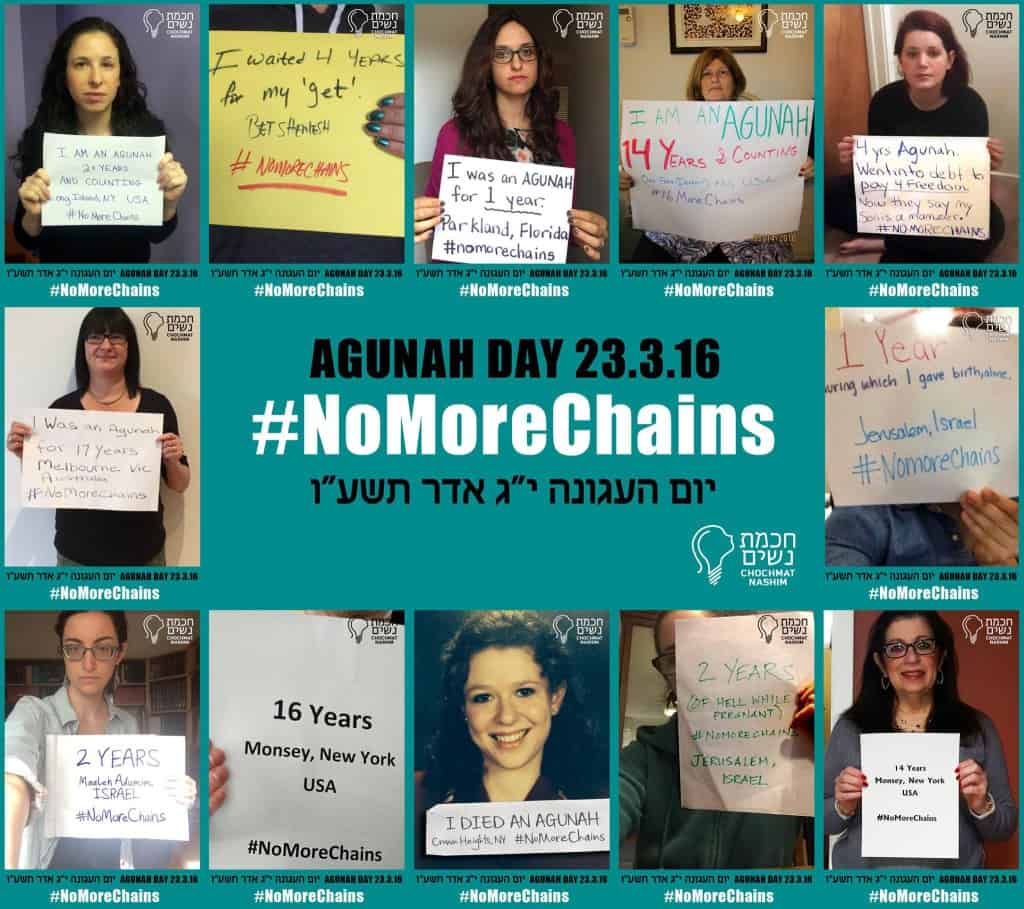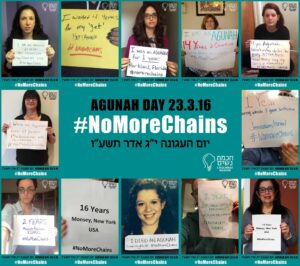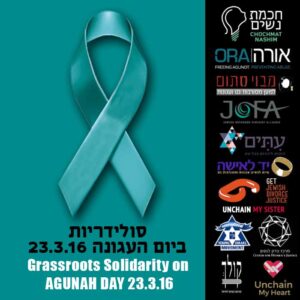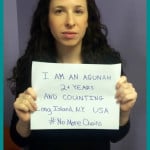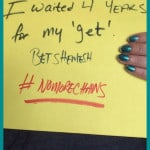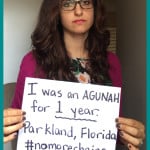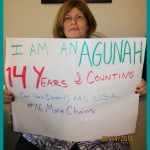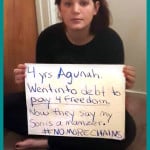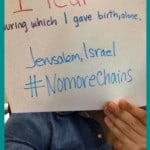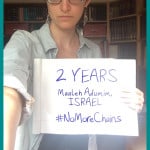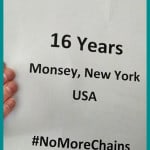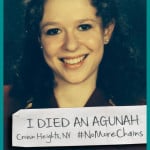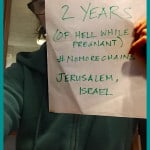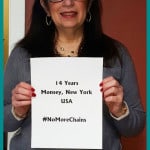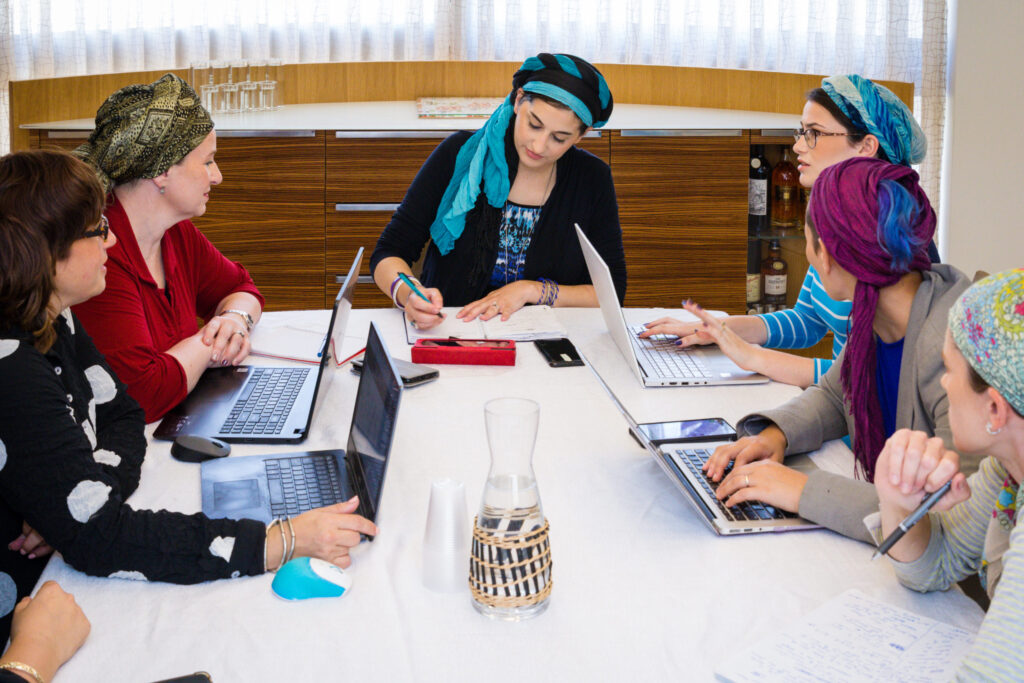There is nothing new about people sharing vitriol on the internet. Inflammatory language and free-range bigotry seem to be the order of the day, especially when it comes to such charged topics as gender, religion, race or politics. We roll our eyes and click onward.
But what do we do when the person making a particularly nasty display of prejudice holds a position of authority that enables him to directly affect the course of real people’s lives? What happens when words on the screen manifest as policies in real life? And what does it mean for the communities that look to him for leadership?
Recently, Rabbi Steven Pruzansky published a blogpost that was as horrifying as it was logically baffling. In the piece, he argues that rape culture — the ways in which society blames victims of sexual assault and normalizes male sexual violence — does not exist. Instead, he explains, women are simply romantically frustrated liars who invent rape allegations because they’re out of touch with “traditional morality.”
If only women would wait until marriage, stay away from alcohol and just have some self-discipline, he claims, they’d stop getting raped so much. Although, he points out, they’re not actually being raped, as evidenced by the fact that women still attend college. If campus rape statistics were true, he reasons, “no intelligent woman would want to attend college.” This is akin to saying that there cannot be domestic abuse within marriage, because if there were, no woman would be willing to get married. Putting aside the glaring logical fallacy, it seems that in order for Rabbi Pruzansky to take women’s testimony seriously, they should stop surviving so much. He goes on to call rape “unrequited love” and then mocks those who ask for consent as “taking the romance out of romance.”
Going line by line to take apart the absurdity of his arguments, while tempting, has been done and is not the point.
What matters is Rabbi Pruzansky’s position of authority, power, and influence in the Jewish community and how that dangerously takes his views from theoretical to practical. What makes him dangerous is not the misogyny he espouses, but his authority to turn that misogyny into policy, bolstered by the influence he wields with well-respected organizations.
The disclaimer on his blog reads, “The views expressed here are solely my own and do not necessarily reflect the opinions of family, friends, shul, organizations or any other affiliations.” However, Rabbi Pruzansky has written considerably about rabbinic authority and how it confers credibility and power to those who have it. He often cites it in the context of perceived threats to it by those he deems insufficiently authoritative to hold valid views on religious matters, as in the case of allowing women on administrative committees.
But Rabbi Pruzansky can’t have it both ways. He cannot claim that the unique power granted to his opinions by virtue of his position does not carry any responsibility to the institution he serves, or that it suddenly stops carrying weight when it’s inconvenient for him. He cannot enjoy the power — which he claims is highly significant, even in non-rabbinic roles, such as those administrative committees — without accepting responsibility for it.
So how far does that power reach? According to the “About” page on his blog, Rabbi Pruzansky is the rabbi of the largest synagogue in Teaneck NJ, boasting a congregation of about 800 families. He is a trustee of the Rabbinical Council of America (RCA), its former vice president and the chair of its convention; he sits on the board of the Beth Din of America; acts as a dayan (judge of a religious court) on the Beth Din itself; and is a member of the Rabbinical Alliance of America.
When the voice expressing bigotry on the internet belongs to a lawmaker and judge, and not just a random blogger, it goes far beyond hate speech. Dayanim and rabbis wield real control over those who are subject to their rulings and decisions. For example, a dayan’s views on domestic abuse can mean the difference between a woman receiving a chiyuv get (determining that she has the right to a divorce and ordering the husband to grant one) and not.
One of the first things a lawyer or to’enet rabbanit (religious court advocate in Israel) does when approaching a new Beit Din case is check the identities of the dayanim who will hear the case, because their views directly impact the way they rule. We must ensure that those who wield judiciary power in our community adhere to views that are within the range of the norm. A community must feel confident in its dayan’s approach, as it informs his decisions on their financial disputes, divorces, conversions, determining who is Jewish and other high-stakes personal cases.
The RCA is not a neutral structure; it is made up people who act as its agents and determine its character. Does the RCA believe that Rabbi Pruzansky’s views reinforce the kind of character they would like to perpetuate? Is his synagogue proud to have him as their religious and communal representative?
If not, then it’s time for the RCA, Beth Din of America, Rabbinical Alliance of America and his synagogue to look inward and consider ending their affiliation with him. It is time for the larger Jewish community to stop accepting avowed bigots as community leaders.
This is not the first time Rabbi Pruzansky has expressed sexism and hate speech, and it likely won’t be his last. But as long as the next time he voices this kind of drivel to the public, his role is that of private citizen, we’ll be able to — thankfully — roll our eyes and click onward.


